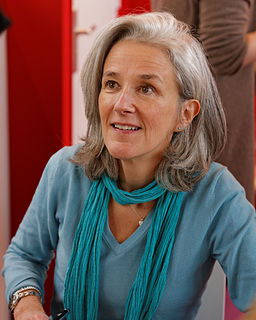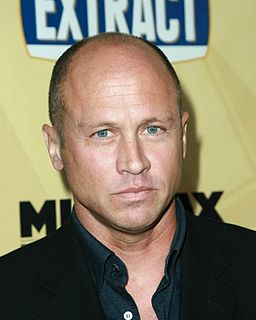A Quote by Lisa Kleypas
Sometimes a simple question could have a complicated answer.
Related Quotes
To be a scientist you have to be willing to live with uncertainty for a long time. Research scientists begin with a question and they take a decade or two to find an answer. Then the answer they get may not even answer the question they thought it would. You have to have a supple enough mind to be open to the possibility that the answer sometimes precedes the question itself.
If you had a system that could read all the pages and understand the context, instead of just throwing back 26 million pages to answer your query, it could actually answer the question. You could ask a real question and get an answer as if you were talking to a person who read all those millions and billions of pages, understood them, and synthesized all that information.
Too many escape into complexity these days. For it is an escape for persons to cry, when this question of the equality of peoples is raised in India or in our own South, 'Ah, but the situation is not so simple.' ... no great stride forward is ever made for the individual or for the human race unless the complex situation is reduced to one simple question and its simple answer.
I have often asked myself whether, given the choice, I would choose to have manic-depressive illness. If lithium were not available to me, or didn't work for me, the answer would be a simple no... and it would be an answer laced with terror. But lithium does work for me, and therefore I can afford to pose the question. Strangely enough, I think I would choose to have it. It's complicated.
It's a complicated process being so bilingual. Sometimes it's a mere word or sentence that comes to me, if I'm writing the book in English, in French. It's not always easy to deal with. Sometimes even during an interview somebody can ask me a question in English that I want to answer in French and vice versa - that's the story of my life!
Prioritization sounds like such a simple thing, but true prioritization starts with a very difficult question to answer, especially at a company with a portfolio approach: If you could only do one thing, what would it be? And you can't rationalize the answer, and you can't attach the one thing to some other things. It's just the one thing.



































